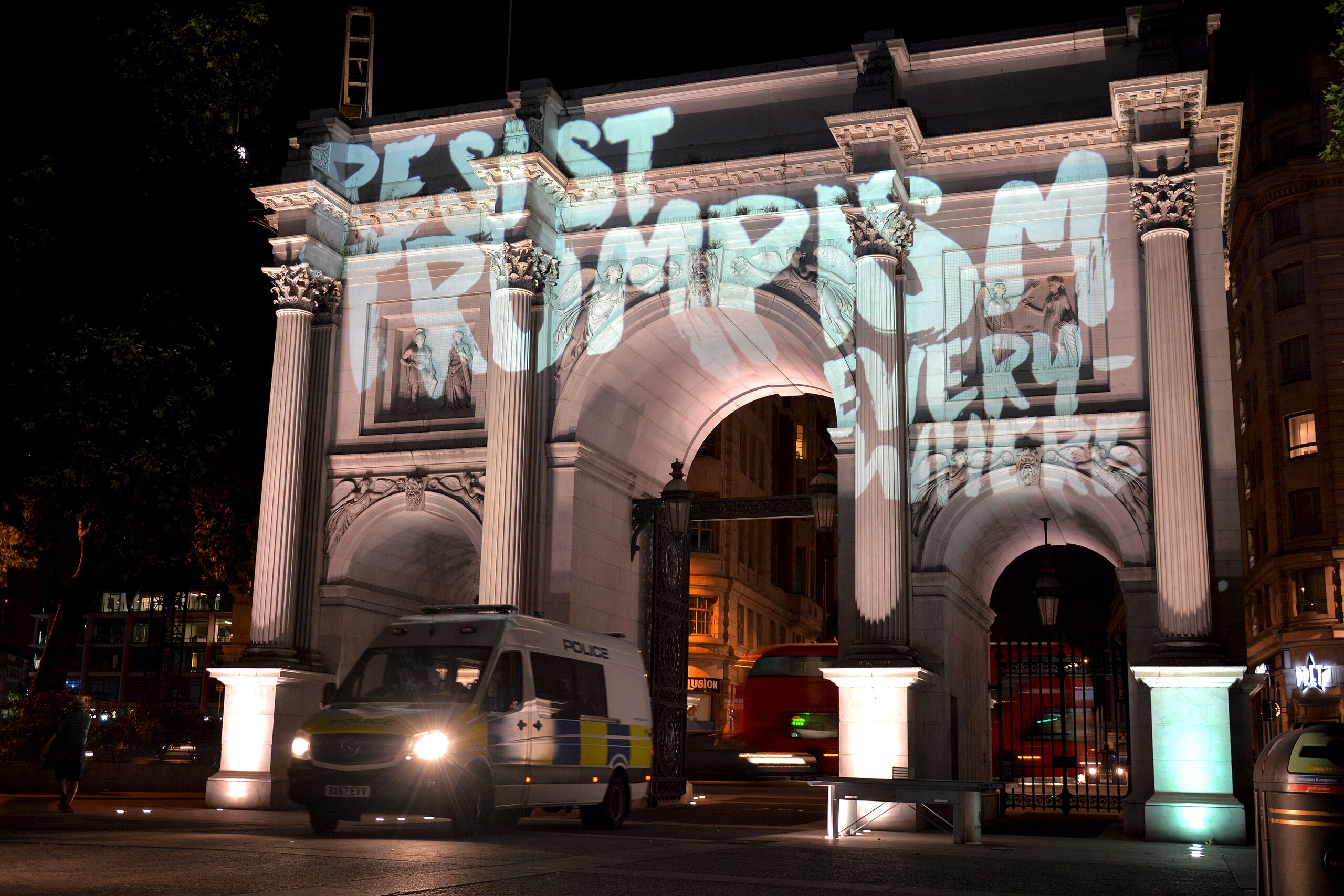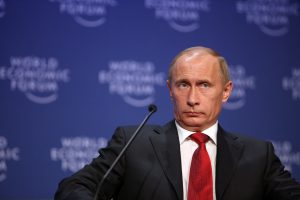Canadians are seeking allies, against Trump of course. Europeans are doing the same, which is why parliamentarians from the European Union, Canada and the United Kingdom met last Friday in Toronto to lay the foundations for an international movement to defend democracy.
Brought together by the Liberal International, the guests were centrists of all stripes, independents or members of the European Democratic Party, people who rarely raise their voices, but the diagnosis was that democracy was ‘under attack’ and that this was not the time for ‘appeasement’ with the White House. No, they said, there was no point in trying to make nice with Trump, but rather to create a balance of power that would force him to back down.
The first idea, already put forward in these columns three weeks ago, was to show the man who prides himself on succeeding at everything that now that the Chinese have forced him to back down, he would not be able to turn the tide without finding allies, and that the Europeans would be willing to help him stand up to Xi Jinping, provided he stopped treating them as adversaries and seeking to reach an agreement with Vladimir Putin at Ukraine’s expense.
Second idea: to form without delay a coalition of democracies faithful to the rule of law, ‘The Democratic Entente’, which would help to increase the European Union’s weight vis-à-vis Washington. The way has been paved by the 33 countries that came together at the initiative of France and Great Britain in the Coalition of the Willing to support Ukraine, which had been abandoned by the United States. A draft of this democratic front already exists. It must be consolidated, expanded and made permanent by rallying the nations of Africa and Latin America to it now.
Third idea: return as quickly as possible to the post-war democratic consensus that linked the defence of democracy to social progress, because the main factor in Trumpism’s victory was the promise to reduce prices, poverty and social insecurity. Trump won, we heard in Toronto, by championing those who have been left behind by the decline of the welfare state, the very people he is now disappointing. So it is up to the democrats to reinvent a social pact, in particular by opposing job insecurity, the scourge afflicting the younger generations on both sides of the Atlantic.
The fourth idea, developed by one of Canada’s leading political figures, was to ‘make Europe the new leader of the free world’.
This was as astonishing to hear as the refusal to appease Trump, but not a single Canadian batted an eyelid. The Europeans could not believe their ears, but for their hosts it seemed obvious, because ‘if not Europe, then who?’. When the Europeans began to talk about the inadequacy of their institutions in a situation where the Union must assert itself as a player on the international stage, when they explained the difficulty of amending the treaties and said that European unity might not survive a victory for the National Rally in France and the AfD in Germany, the Canadians seemed annoyed by these concerns. Because they expect a lot from Europe, they are convinced that it is through action that it will find its solutions.
‘Get moving,’ their eyes seemed to say, and this ‘Dialogue of Freedom’ ended with a fifth idea: the need to bring centrists and socialists closer together so that their alliance could counteract that of the far right, just as it had already contributed so much to defeating Sovietism. Even as it runs out of steam in Washington, Trumpism is creating its own antidote.
Photo: SumOfUs




